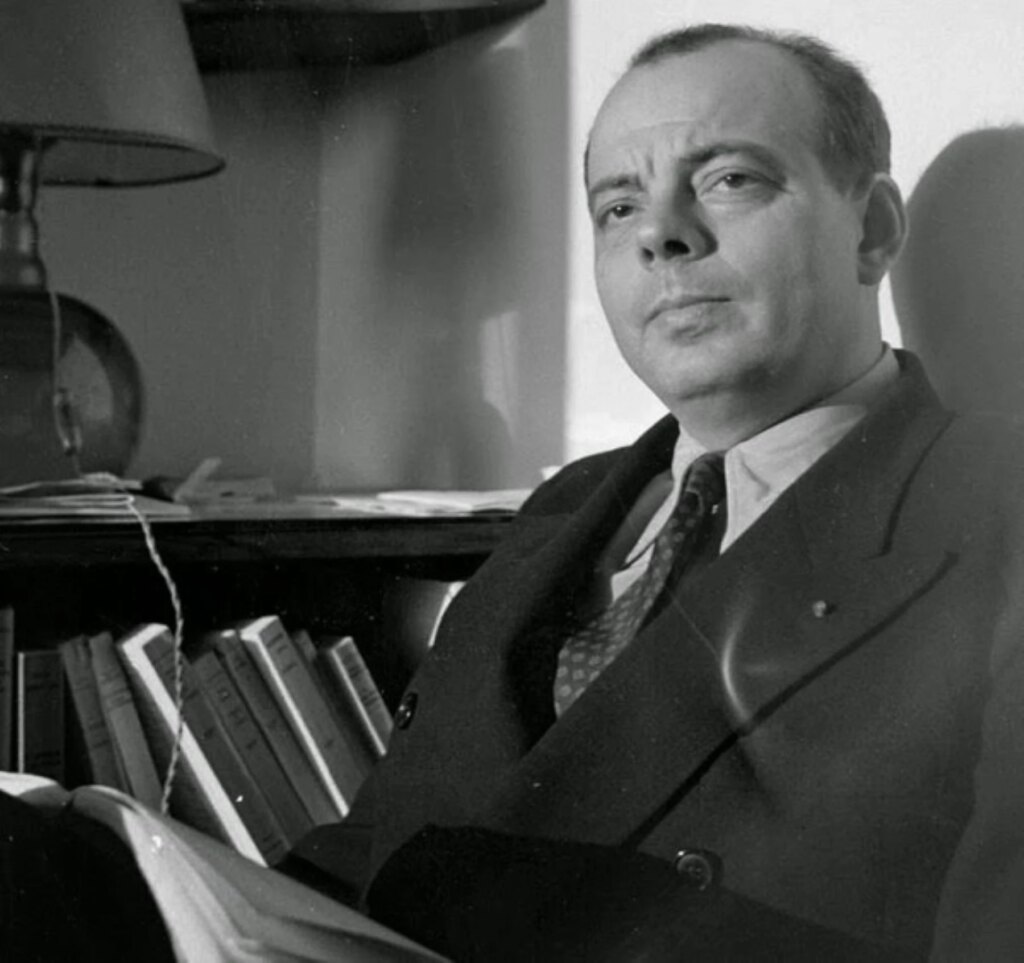Happy birthday, Antoine de Saint-Exupéry! Today, we celebrate 125 years of the legendary author behind ‘The Little Prince’ and his remarkable legacy.
Antoine de Saint-Exupéry – one of children’s literature’s best-loved authors – would have turned 125 today. While the author, poet, journalist, and aviator is no longer with us, he does leave us with a stunning legacy, which touched the lives of many of us as children, and still does to this day.
So today, on the great man’s birthday, we revisit his glorious – and yet also tragic and mysterious – story, and we reflect upon his remarkable body of work.
Early Years and Beginnings as a Writer
The Saint-Exupéry family has a long and storied history and is part of France’s aristocratic tradition. So Antoine did not have what you might call humble beginnings, though the family was not exactly wealthy either.
The death of Antoine’s father in 1904 left the family financially unstable, though the youngster was still able to pursue a respectable education up until the age of 18. This is when things went a little awry, as Antoine was twice rejected from the naval academy, and failed to graduate from art school.
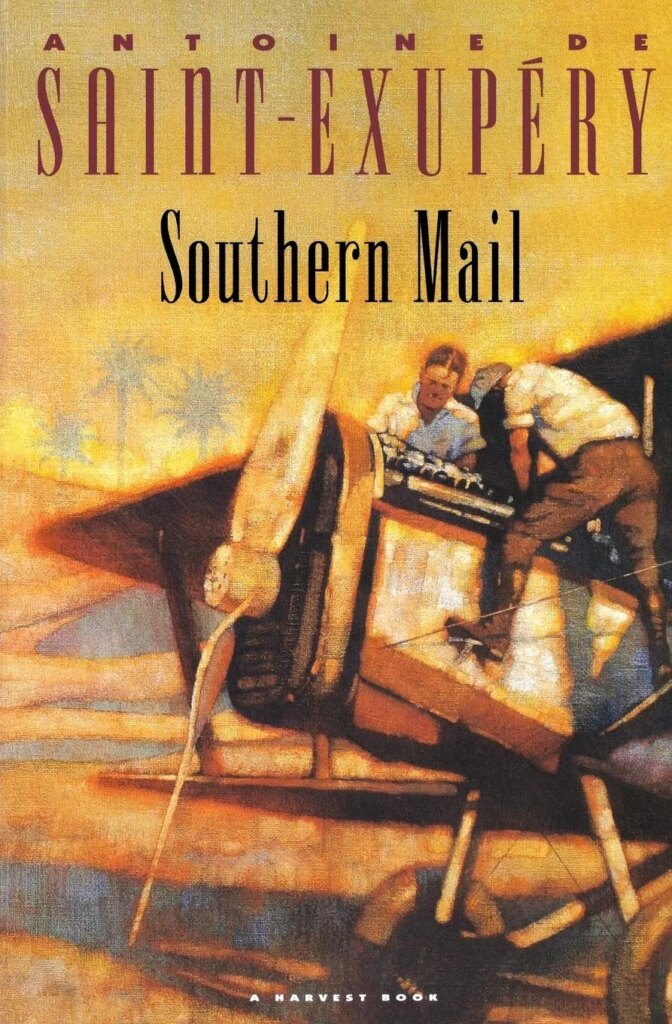
The military was his saviour, and Antoine trained as a pilot before a crash near Le Bourget led to him leaving the service. He did not lose his love of flying, however, and penned a novella, The Aviator, which reflected his passion for aeronautics. This was followed by his first book, Southern Mail – a novel based on his time spent as an air courier over the Sahara.
Literary Stardom and a Return to the Air
Another aviation-themed novel, 1931’s Night Flight, cemented Antoine’s position as a real literary talent. It won him the prestigious Prix Femina and made his name known on France’s cultural scene.
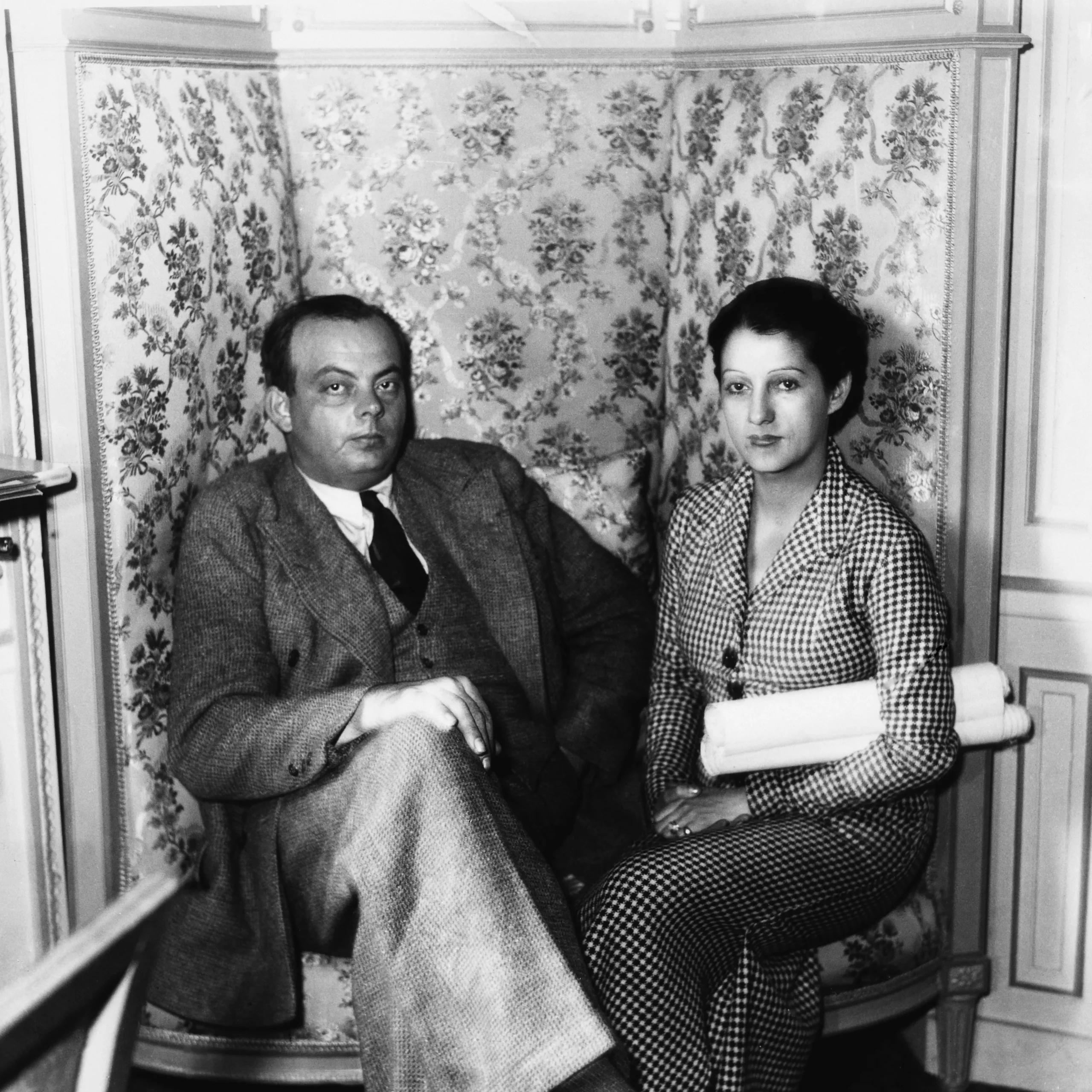
By now, he wasn’t simply writing about flying anymore. He was writing and flying. Since 1929, he’d been working as director of Aeroposta Argentina, mapping and surveying air routes in South America, and even flying search and rescue missions after the company’s planes went down.
Following the publication of Night Flight, Antoine married Conseulo Suncin de Sandoval, a writer and artist from El Salvador. Their life together was a tempestuous one, made more so by the gathering clouds of war that were beginning to gather over Europe.
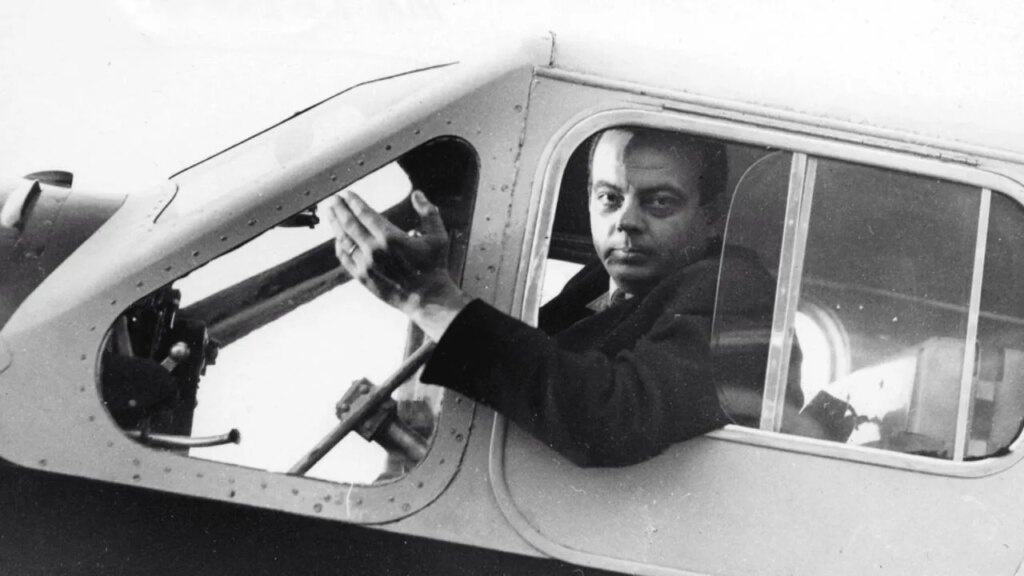
Back in his native France, when Germany invaded in 1940, the 39-year-old Saint Exupéry understood what was required of him. As an experienced flier with a military background, he was the ideal choice to serve as a reconnaissance pilot. But this phase of the war did not last long. One week before his 40th birthday, Antoine saw his country sign a humiliating armistice with Germany, and fall into occupation and division.
Exile and The Little Prince
After the French surrender, Antoine and Consuelo fled to North America. Failing to convince the Americans to join the war in Europe, Saint-Exupéry began a prolific period of writing. He was a distinguished voice among France’s growing expatriate resistance movement, but he was about to become something else – a celebrated children’s author.

The Little Prince was written in the summer and autumn of 1942 and is the work for which Antoine is still best known to this day.
A melancholy and moving tale, The Little Prince focuses on the diminutive title character, who travels throughout the cosmos visiting several planets.
While the prose is enchanting, it is also remarkably poignant. Loneliness and loss emerge repeatedly in the book, written at a time when its author was in exile from his home country and suffering significant personal and health difficulties of his own.
As the book was published, the 42-year-old Saint-Exupéry found himself unable to endure the sense of stasis any longer. With the Americans now involved in the war in North Africa, Antoine joined them, returning to the continent where he’d had many an adventure as a peacetime flier.
Disappearance and Legacy
Saint-Exupéry was a capable airman, but he was also sometimes careless. He was known to take novels, and sometimes even a notebook, with him when flying, so he could pursue his love of literature while in the air.
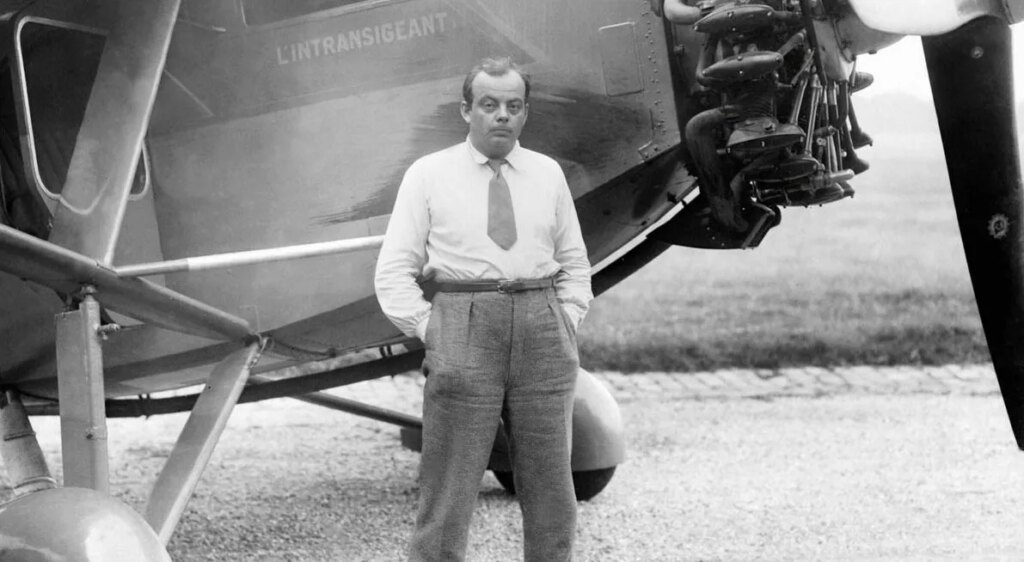
Whether this contributed to what happened on July 31st, 1944, we cannot know. Antoine’s mental and physical health was in serious decline by this point, and the situation surrounding his final flight is complex.
What we do know is that Antoine’s plane came down somewhere in the Mediterranean, and no trace of the beloved pilot and author was found, until a fisherman on France’s Riou island found an identification bracelet belonging to Antoine in 1998, over half a century after his disappearance.
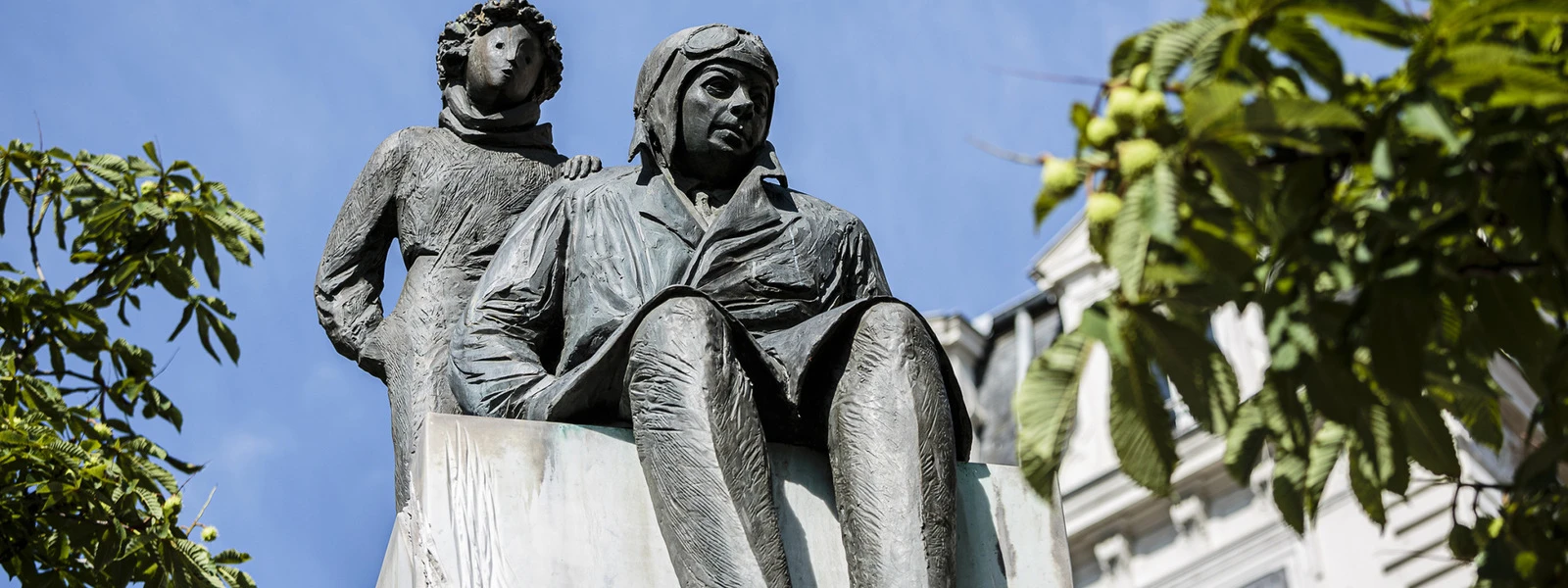
A remarkable career and a fascinating life had been tragically cut short. While the legacy Antoine left behind cannot make up for a life lost so young, it has brought comfort and wonder to millions of readers across the world. And that is something we can all be grateful for.
Join our community of 1.5M readers
Like this story? You'll love our free weekly magazine.





